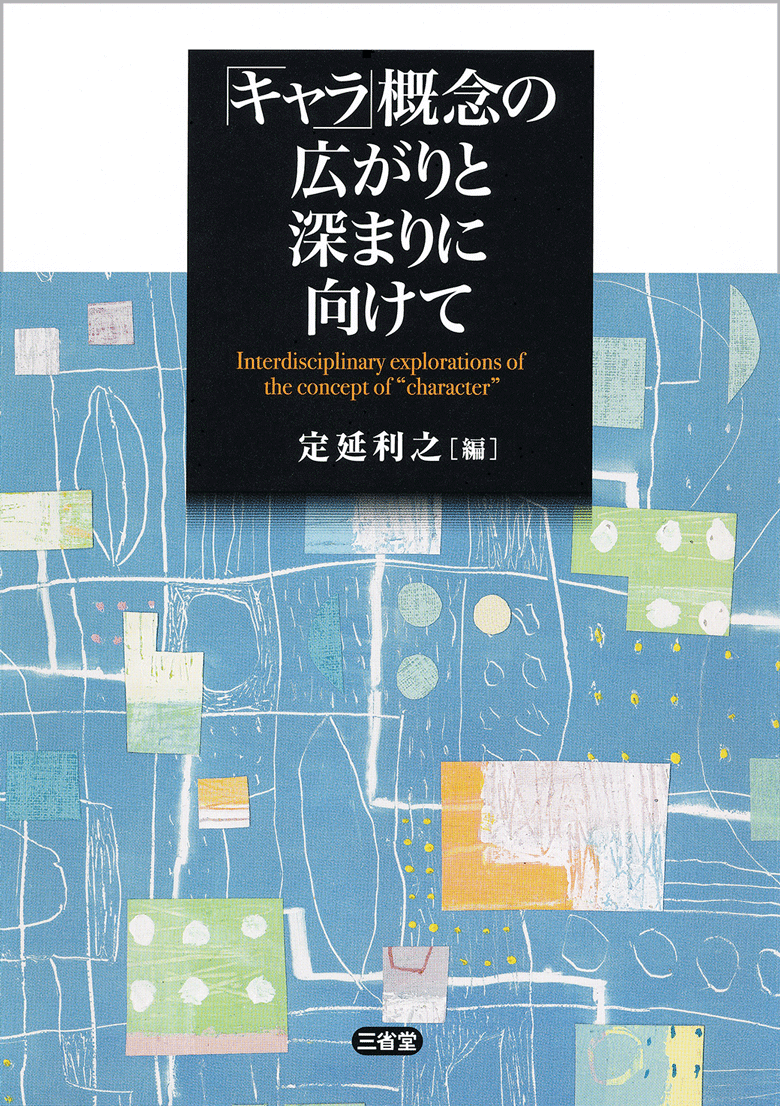
Characters such as the “Tokyo native,” “Osaka native,” or the “America native,” “China native,” and “France native” that originate in communities (the Tokyo cultural community, Osaka cultural community, American cultural community etc.) are not fundamentally different from individual characters, such as the “rich kid” or “nice person.” This we discussed previously. However, the following question probably remains.
The “rich kid” character is simply behaving in a way he considers “normal,” but he is perceived as a rich kid when observed by others. Similarly, the “nice” person is just behaving “normally,” but her behavior is perceived as nice by others.
However, it is also acceptable for this “normalcy” to be the result of everybody privately contriving to be thought of as a “rich kid” or “nice person.” Or perhaps it is not acceptable, but is in fact the norm. As we discussed in parts 3 and 18, if these contrivances are discovered, as in the case of the unfortunate men (Okubatake and Shokichi) in Sasameyuki, they are finished. But in characters that originate in individuals, it is common for characters to actually be privately contrived and performed.
Is this unthinkable for characters that originate in communities? Is there such a thing as a privately contrived “Tokyo native” or “Osaka native?”
The answer to the above question is categorically “yes.”
Let me preface this by clearly recognizing that there are people who, have lived their whole life in a certain communal culture, and who have absorbed that culture and will always speak its language (e.g. Osaka dialect) no matter where they go; their characters (”Osaka native”) will not and cannot change. Such communally originating characters are quite unconnected with “private contrivance.”
The same goes for certain individually originated characters, such as the man who is naturally boorish and cannot get along with others due to his clumsiness (let’s call him “Ken(1)“).
Now, think for a minute. Think about the “dialect idols” that have started to become popular because their regional accents are considered “cute.” Obscure regional words seem to spring from their mouths. Or, think of the foreign talents who, noticing that they cease being popular once they can speak Japanese fluently, speak in broken Japanese whenever they appear on television. Or think of the foreigners who, when it becomes inconvenient, pretend to understand not a word of Japanese. There are countless other examples.
No one who has stifled their regional accent and quickly switched to a “Tokyo native” character, as if it was the most natural thing in the world, when talking to someone they have a one-way love has any right to sneer at such people. So, even characters that originate communally have some connection with “private contrivance.”
* * *








(1) Here I am referring to Ken Takakura, a Japanese actor and singer famous for his catch phrase “Bukiyou desu kara” (…because I’m clumsy), which summed up his stage persona.